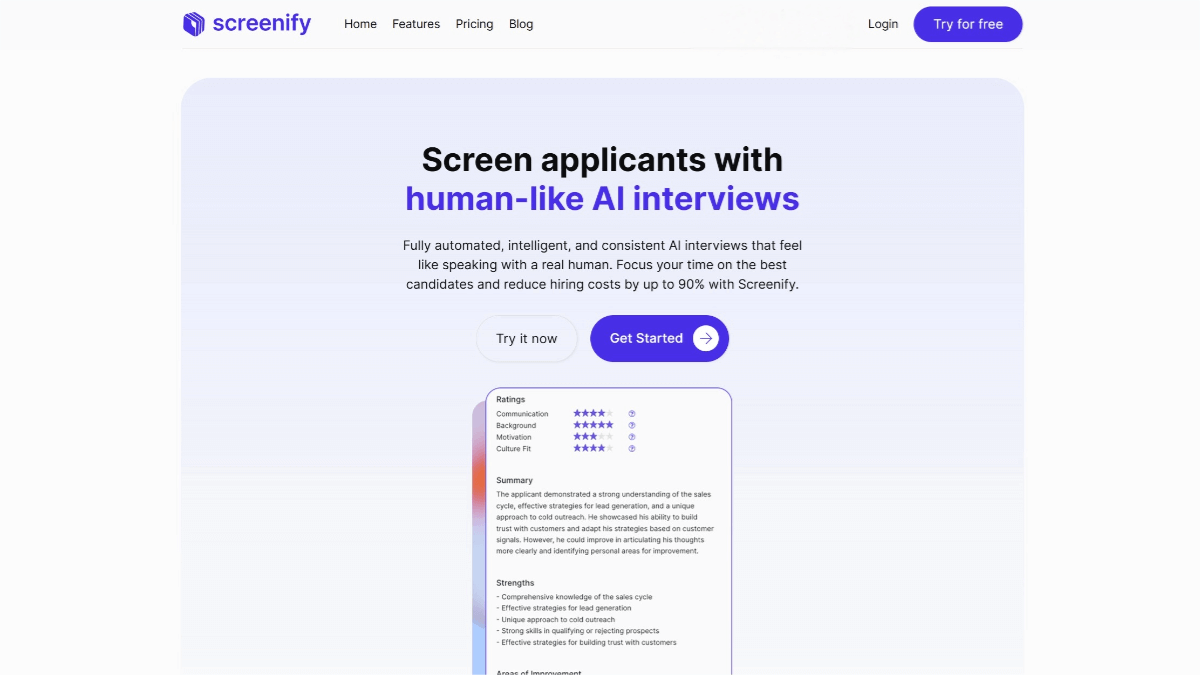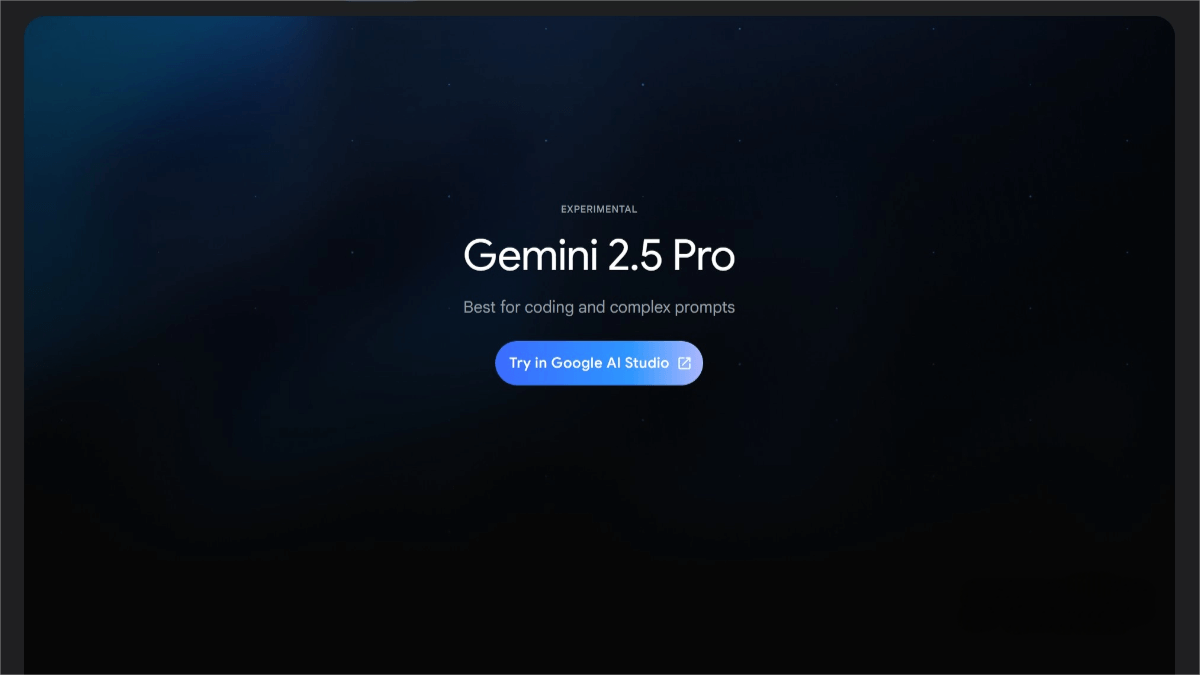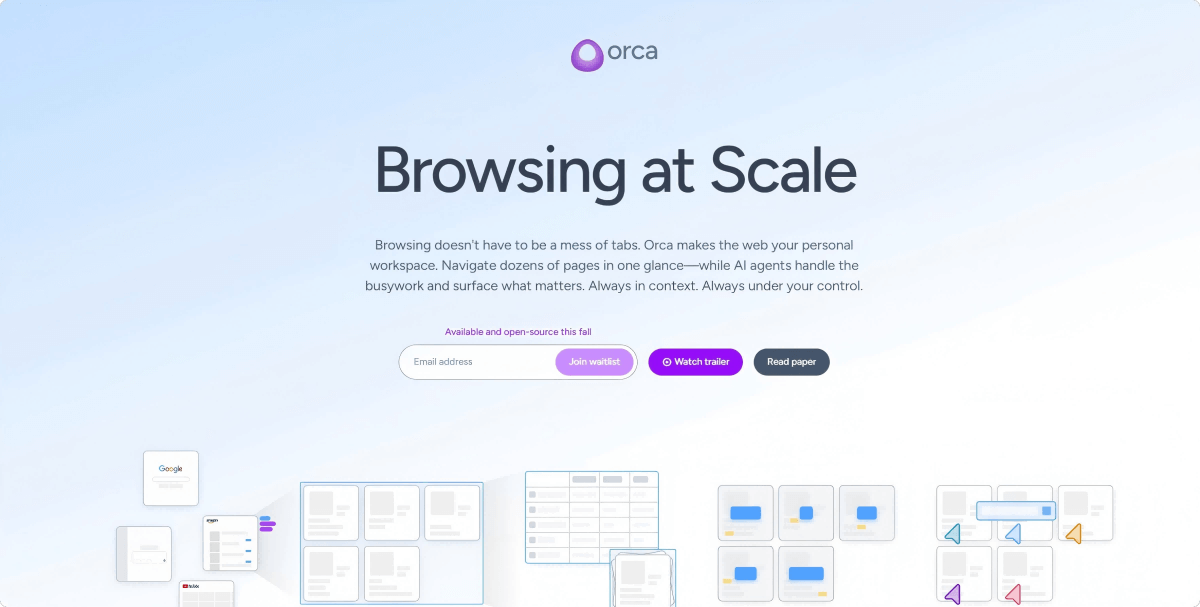Cap – The Future of Coding with Natural Language: Discover the AI-Powered Developer Assistant
🧠 What is Cap?
Cap is a GPT-based open-source AI assistant that integrates with modern code editors such as VS Code. It understands the developer’s intent written in natural language and transforms it into high-quality code, documentation, or terminal commands. More than just a code generator, Cap acts as a smart programming partner that comprehends your project’s context, structure, and workflow.

🚀 Key Features
-
Code Generation
Describe what you want in plain English, and Cap generates the corresponding functions, classes, or module code across multiple languages. -
Code Explanation and Optimization
Understand complex code snippets quickly with Cap’s explanation function, and receive suggestions for optimization. -
Code Refactoring
Automatically refactor messy or lengthy code into cleaner, more maintainable formats. -
Documentation Generation
Instantly generate well-formatted comments or documentation based on existing code. -
Command-Line Assistant
Convert natural language into shell commands—ideal for users who aren’t CLI-savvy. -
Contextual Memory and Smart Completion
Cap remembers the structure of your project and provides intelligent autocompletion and contextual responses.
🧬 How It Works
Cap is built around deep integration with large language models (like GPT-4), combined with contextual project analysis, syntax parsing, and dynamic prompt orchestration. Its architecture includes:
-
Contextual Code Indexing: Scans and indexes the entire project for accurate context awareness.
-
Prompt Engineering Pipeline: Dynamically crafts prompts suited to your current action, improving LLM output quality.
-
Command Executor Sandbox: Safely runs generated commands or scripts and returns output results.
-
Plugin Architecture: Extensible with modular tools, such as database assistants or API doc helpers.
🔗 Project Repository
GitHub Repository:
https://github.com/CapSoftware/Cap
🌍 Use Cases
-
Coding Help for Beginners: New developers can describe what they want and receive example code, lowering the learning curve.
-
Boosting Productivity for Experts: Eliminate repetitive tasks like writing boilerplate code or documentation.
-
Team Collaboration: Easily understand unfamiliar code, and generate consistent documentation across teams.
-
DevOps & Automation Scripting: Quickly convert natural language into CI/CD pipelines or system scripts.
-
Maintaining Open Source Projects: Help refactor legacy code, generate documentation, and improve code quality.
Related Posts




